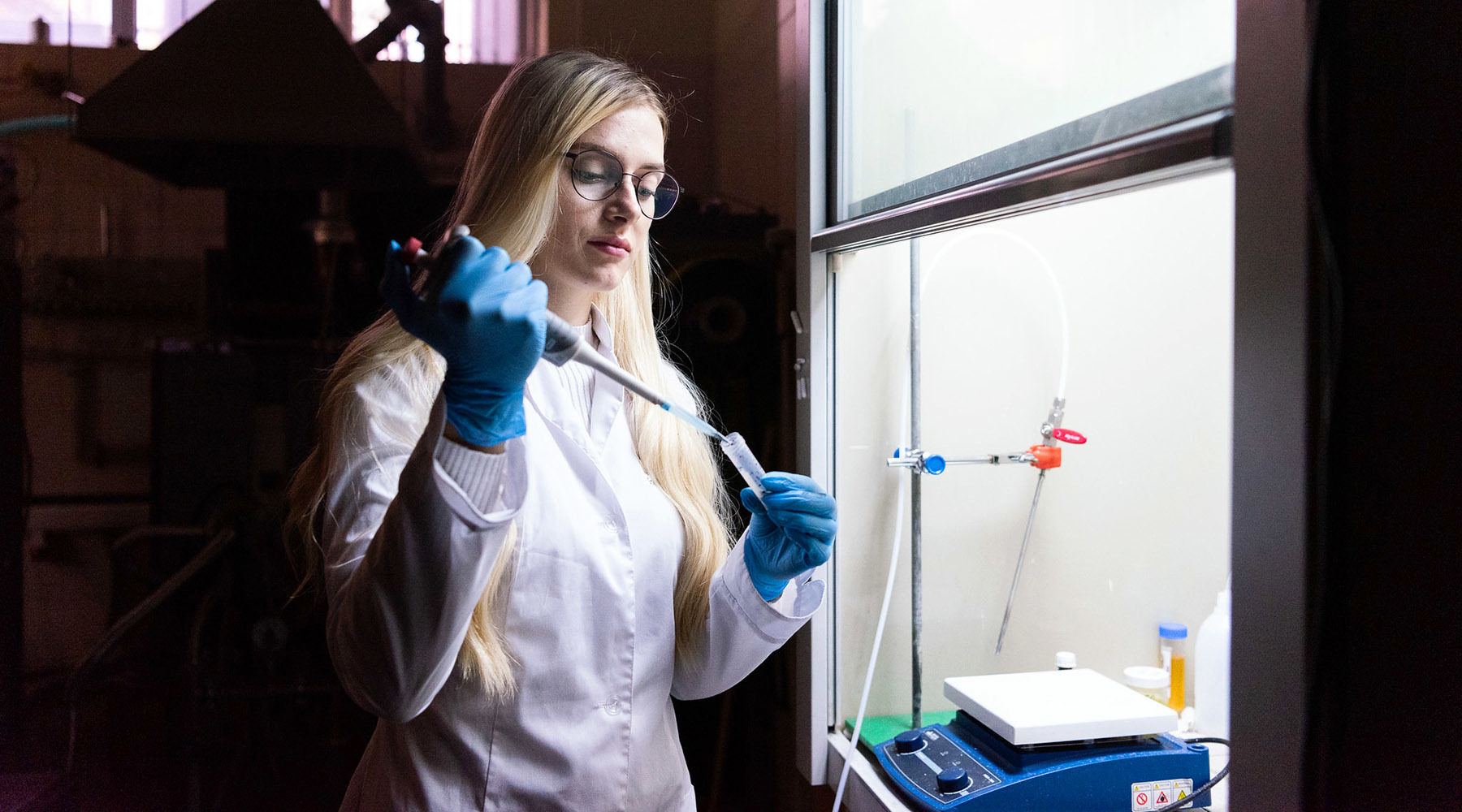Scientists from the National Research Technological University MISIS presented nanofilms based on boron nitride, which effectively destroy microbial pathogens and help protect against bacterial and fungal infections.
This is reported in the journal ACS Applied Materials & Interfaces.
The researchers note that the application of this technology is relevant in surgery, for example, in orthopedic and dental operations.
Most importantly, the use of boron nitride nanocoatings makes it possible to avoid treating inflammation around implants with injections with high doses of antibiotics, which often leads to side effects.
“Hexagonal boron nitride has a complex of unique physical, chemical and mechanical properties.
As a result of the experiments, we found out that the special specific structure of boron nitride nanoparticles provides a bactericidal effect comparable to that of an antibiotic: bacteria die as a result of direct physical contact with a special needle-shaped surface of the nanofilm.
At the same time, there are no side effects typical for an antibiotic on the tissues of the body, and boron nitride itself does not cause cytotoxicity, ”said the co-author of the study, a researcher at the MISIS laboratory, Christina Gudz.
New technology avoids drug therapy for peri-implant inflammation
© Press Service of NUST MISIS
The scientists also found that to speed up the treatment, the micropores of the nanofilm can be filled with a small amount of antibiotic.
It turned out that in order to achieve the required therapeutic effect, it would be required 100 times less than with standard injections.
“We found out that with a minimum concentration of antibiotic the effect is positive antimicrobial,” Christina Gudz told RT.
An unconditional plus of the developed technology is that the application of a film on the implant before its installation can minimize the risk of bacterial contamination: due to the physical properties of the surface itself and with the introduction of a minimum amount of antibiotic into the pores of the nanofilm, if necessary.
The researchers note that this coating infects up to 99.99% of bacterial cells within 24 hours.
At the same time, boron nitride is not oxidized by oxygen at normal temperatures and is not toxic.
The team is currently completing laboratory research and working on optimizing the coating method for its future use.

